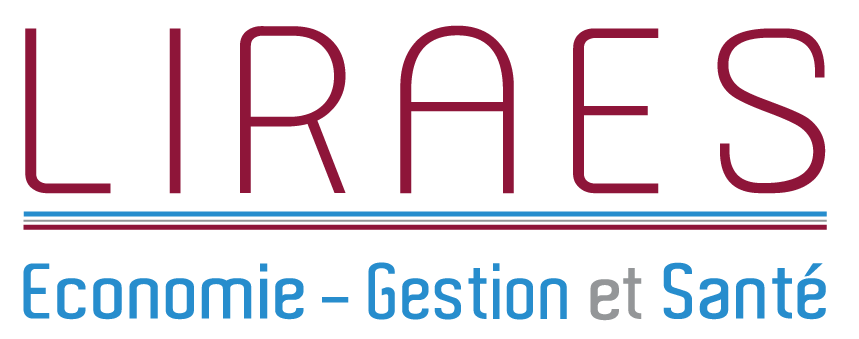Abstract
Only few studies outside of the US have addressed the issue of out-of-pocket payments (OOP) at the end of life because of a lack of data. We use an exclusive dataset from a major French health insurance company (MGEN), including claim data, both mandatory and voluntary health insurance details, income and individual characteristics, for individuals aged 65 or older who died in 2017. We address three main issues: (1) What is the magnitude of OOP in France at the end of life? (2) How are OOP distributed, and do they present a financial risk to patients? (3) What are the determinants of OOP and what health system reforms could reduce them? Our results indicate that OOP expenses increase in the last year of life and accelerate in the last trimester. Despite some outliers, the French system is successful in protecting individuals from catastrophic OOP. Using generalised linear models, we confirm that improving the pathways of care could generate savings and partially reduce households’ financial burden. However, OOP are elastic to income and driven essentially by personal convenience demands. Using concentration curves and Gini coefficients, we show that providing additional insurance against end-of-life OOP would likely be regressive, i.e., socially non-desirable.
